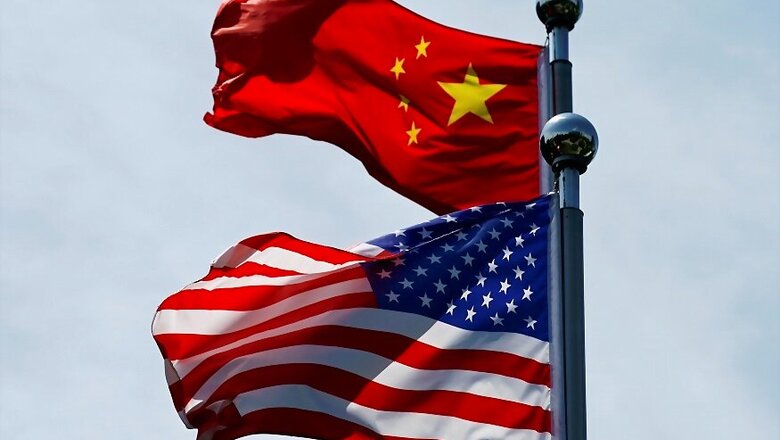
views
The US is mulling over imposing a sweeping travel ban on members of the ruling Communist Party of China and their families, a move that could further exacerbate the bilateral tensions, according to a media report.
The presidential proclamation, still in its draft form, could also authorise the US government to revoke the visas of CPC members and their families who are already in the country, leading to their expulsion, the New York Times reported on Wednesday, citing sources.
However, there was no official confirmation of the report.
The move, if taken, will further exacerbate the tensions between the two economic giants which are at loggerheads over several issues, including the coronavirus and China's implementation of a controversial security law for Hong Kong.
The Trump administration blames China for not warning the world of the coronavirus pandemic earlier and hiding the extent of its outbreak. Beijing has rejected the allegations.
The US has also lambasted China for suppressing the freedom of Hong Kong, a semi-autonomous Chinese territory that has a special trading relationship with America, by implementing the national security law which allows Beijing to tighten its grip over the former British colony.
According to the NYT report, the draft legislation would be based on the same statute in the Immigration and Nationality Act used in a 2017 travel ban on several predominantly Muslim countries, including Iran, Sudan and Yemen. The Act gives the president the power to temporarily block travel to the US by foreign nationals who are deemed "detrimental to the interests of the United States".
The report, however, said President Donald Trump might also reject the travel ban proposal.
It also pointed out some practical difficulties to impose the travel ban.
The CPC has 92 million members. Almost three million Chinese citizens visited the United States in 2018, though the numbers have plummeted because of the coronavirus pandemic and the current ban on most travellers from China.
The US government has no knowledge of party status for a vast majority of them. So trying to immediately identify party members to either prevent their entry or expel those already in the country would be difficult, the report said.




















Comments
0 comment